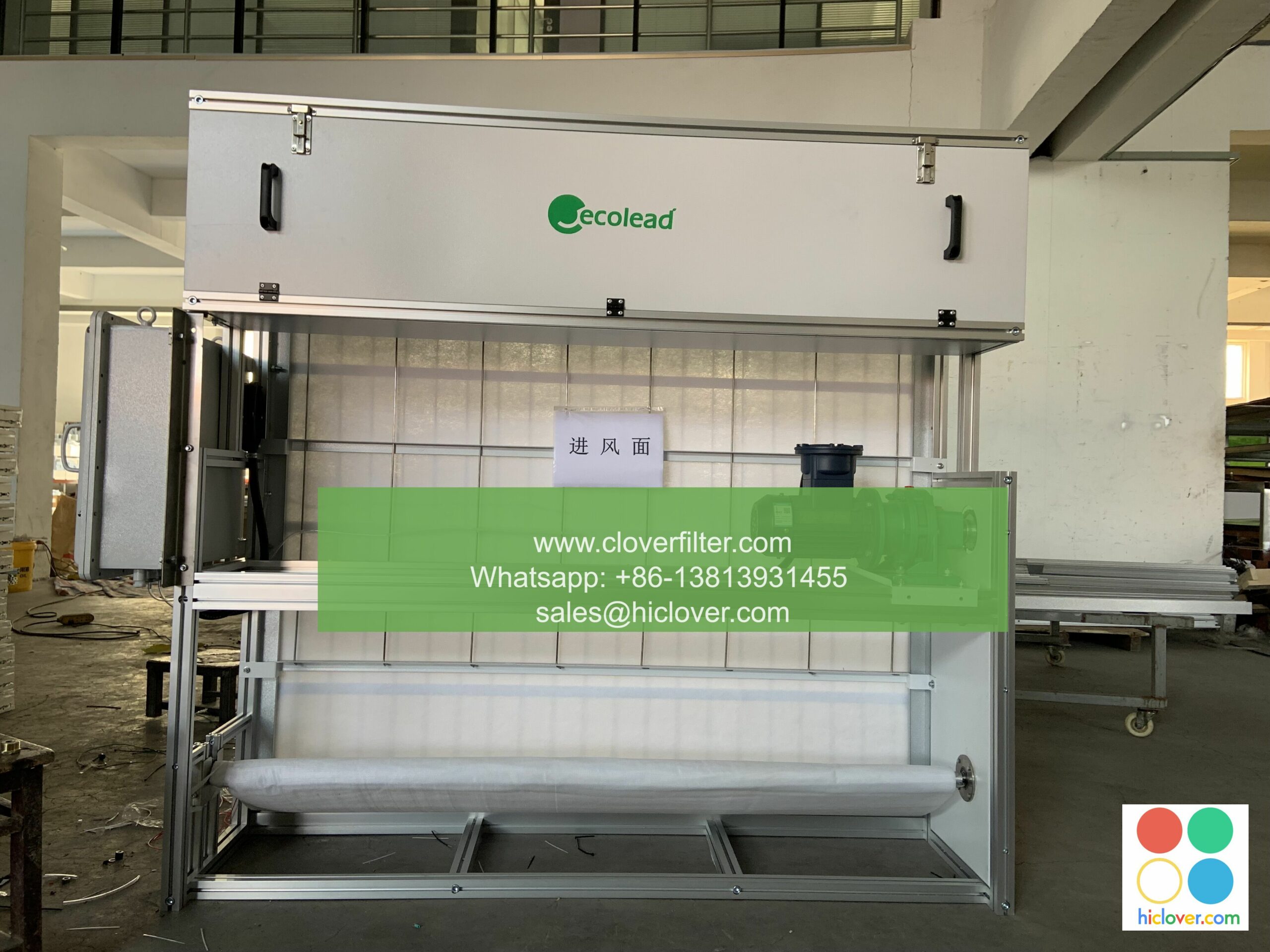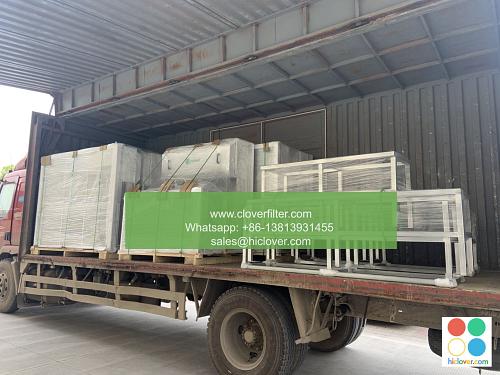Air Filters for HVAC Systems: A Beginner’s Guide to Selection

Proper air filtration is crucial for maintaining a healthy and comfortable indoor environment, especially in commercial and residential spaces that rely on Heating, Ventilation, and Air Conditioning (HVAC) systems. In this article, we will delve into the world of air filters for HVAC systems, exploring the key considerations for selection, and highlighting various application areas where these filters play a vital role.
Understanding the Importance of Air Filters in HVAC Systems
Air filters are a critical component of HVAC systems, responsible for removing airborne contaminants such as dust, pollen, pet dander, and other particles that can compromise indoor air quality (IAQ). Effective air filtration helps to prevent the spread of airborne diseases, reduces the presence of allergens, and maintains a clean and healthy environment. Moreover, air filters help to protect the HVAC system itself, preventing damage from dirt and debris that can accumulate on coils and other components, thereby ensuring optimal system performance and energy efficiency.
Types of Air Filters for HVAC Systems
There are several types of air filters available for HVAC systems, each with its unique characteristics, advantages, and application areas. Some of the most common types include:
* Fiberglass Air Filters: These are the most basic and inexpensive type of air filter, typically used in residential applications where the focus is on protecting the HVAC system rather than achieving high levels of air purification.
* Pleated Air Filters: These filters offer improved filtration efficiency compared to fiberglass filters, making them suitable for applications where better IAQ is required, such as in commercial offices and healthcare facilities.
* Activated Carbon Air Filters: Designed to capture gases and odors, these filters are ideal for applications where the removal of volatile organic compounds (VOCs) and other harmful gases is necessary, such as in industrial settings or areas with high levels of air pollution.
* HEPA (High Efficiency Particulate Air) Filters: These filters are capable of capturing 99.97% of particles as small as 0.3 microns, making them the gold standard for applications requiring the highest level of air purification, such as in hospitals, laboratories, and cleanrooms.
* Smart Air Filters: Equipped with advanced technologies such as sensors and IoT connectivity, these filters can monitor and adjust to changing air quality conditions, providing real-time feedback and optimized performance in applications such as smart homes and intelligent buildings.
Key Considerations for Air Filter Selection
When selecting an air filter for an HVAC system, several factors must be considered to ensure the chosen filter meets the specific needs of the application. These include:
* Filter Efficiency: The ability of the filter to capture particles of various sizes, measured by standards such as MERV (Minimum Efficiency Reporting Value) or FPR (Filter Performance Rating).
* Air Flow Rate: The volume of air that the filter can handle, which must match the capacity of the HVAC system to ensure proper airflow and filtration.
* Pressure Drop: The resistance to airflow caused by the filter, which can impact the energy efficiency and performance of the HVAC system.
* Maintenance and Replacement: The ease of maintenance, replacement intervals, and disposal considerations for the filter, which can affect the overall cost and sustainability of the filtration system.
* Application Area: The specific use case for the air filter, such as residential, commercial, industrial, or healthcare, which can influence the required level of filtration efficiency, air flow rate, and other factors.
Application Areas for Air Filters in HVAC Systems
Air filters for HVAC systems have a wide range of applications across various industries and settings, including:
* Residential Buildings: Single-family homes, apartments, and condominiums, where air filters help maintain a healthy and comfortable living environment.
* Commercial Offices: Corporate buildings, malls, and retail spaces, where air filters contribute to a productive and healthy work environment.
* Healthcare Facilities: Hospitals, clinics, and nursing homes, where high-level air purification is critical for patient health and safety.
* Industrial Settings: Manufacturing plants, warehouses, and construction sites, where air filters help remove pollutants and contaminants from the air.
* Laboratories and Cleanrooms: Research facilities, pharmaceutical manufacturing, and electronics production, where ultra-high purity air is essential for precise operations and product quality.
In conclusion, selecting the right air filter for an HVAC system is a critical decision that depends on various factors, including filter efficiency, air flow rate, pressure drop, maintenance, and application area. By understanding the different types of air filters available and their characteristics, individuals can make informed choices to ensure optimal indoor air quality, system performance, and energy efficiency in their specific application area. Whether it’s for a residential home, commercial office, or industrial setting, the right air filter can make a significant difference in maintaining a healthy, comfortable, and productive environment. It seems like you’ve provided a prompt without any actual question or topic to discuss. Could you please provide more context or clarify what you would like to talk about? I’m here to help and provide information on any topic you’re interested in.

